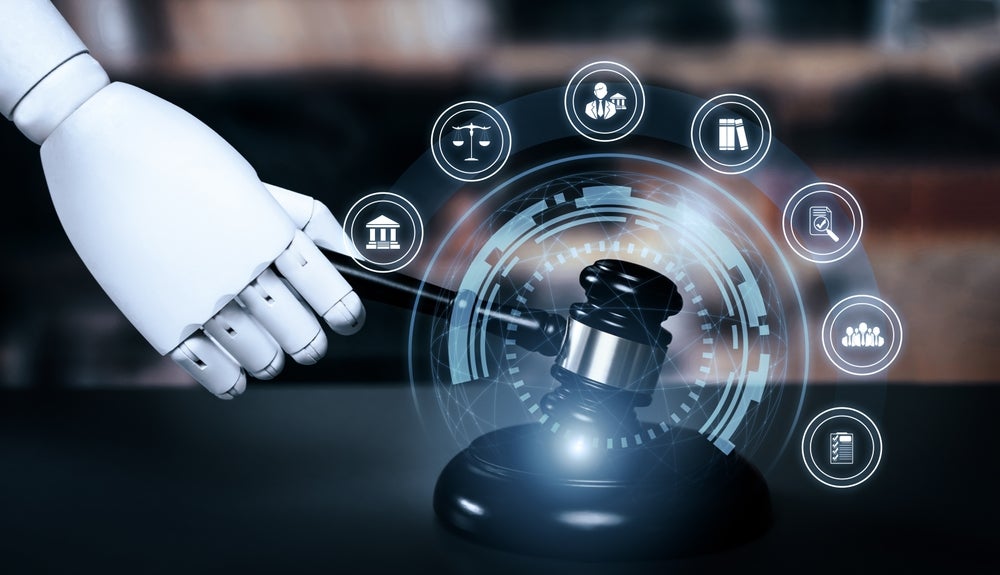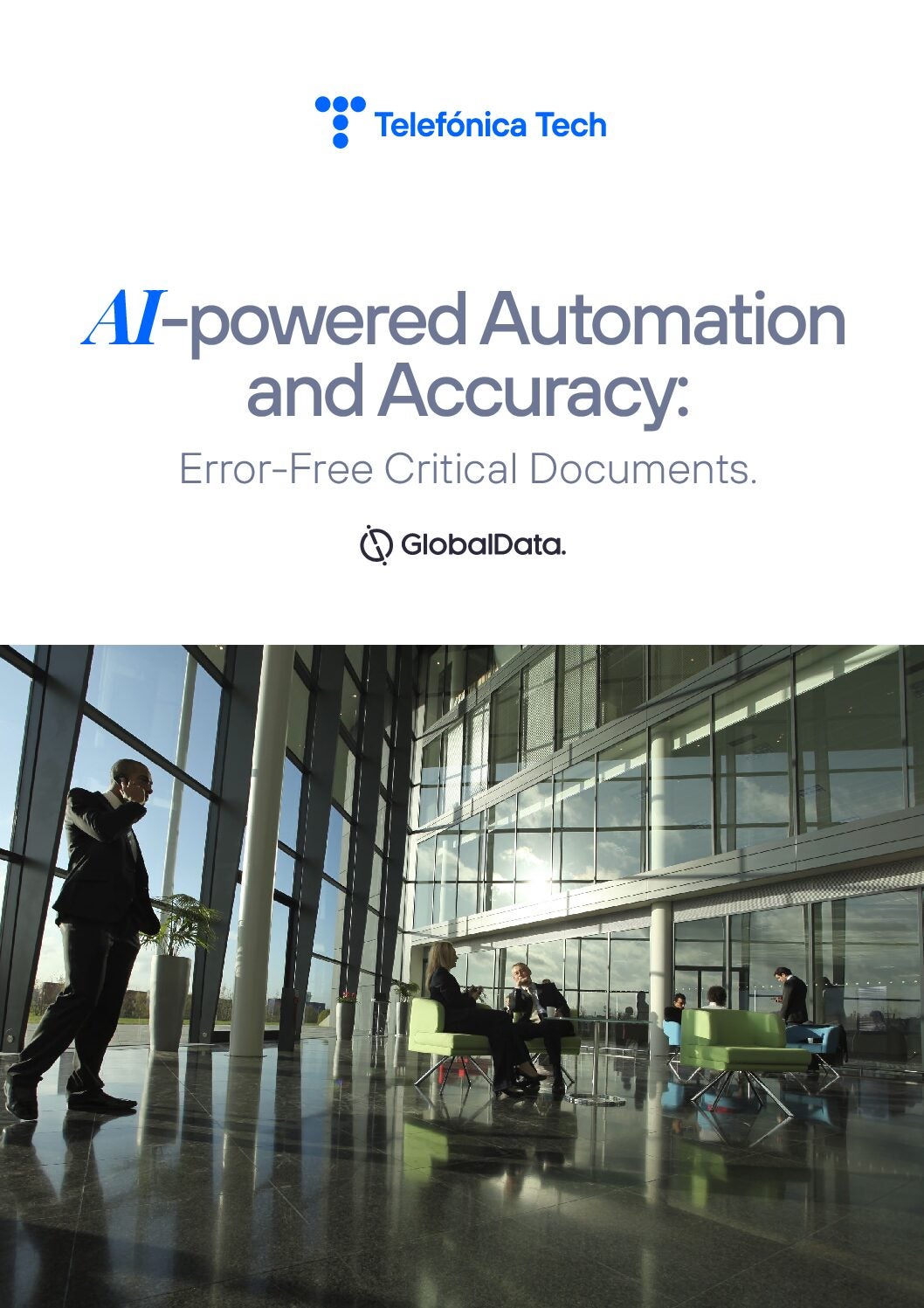Generative AI is the fastest-growing AI technology and, as with every industry, it presents huge opportunities for the legal sector and lawyers in particular.
However, the adoption of generative AI in the sector has its unique set of challenges due to the nature of legal work.
How well do you really know your competitors?
Access the most comprehensive Company Profiles on the market, powered by GlobalData. Save hours of research. Gain competitive edge.

Thank you!
Your download email will arrive shortly
Not ready to buy yet? Download a free sample
We are confident about the unique quality of our Company Profiles. However, we want you to make the most beneficial decision for your business, so we offer a free sample that you can download by submitting the below form
By GlobalDataApplicability of generative AI to legal work
There is a clear consensus among lawyers that generative AI can be applied to legal work. According to a 2023 Thomson Reuters survey research on the matter, 82% of respondents who work within the legal sector answered that generative AI or ChatGPT can be applied to legal work.
The use cases of generative AI in law range from drafting contracts/ documents to conducting legal research and due diligence. Increased efficiencies created by generative AI allow lawyers to focus their efforts on more analytical and sophisticated tasks. Ultimately, the adoption of the technology raises the stakes for being a good lawyer by automating routine, unprofitable, and time-consuming tasks, leaving lawyers to strictly focus on strategic legal analysis.
Concerns about the risks remain
Despite the hype around generative AI within the legal sector, there remain risks that law firms and legal teams need to consider before adoption. In the same Thomson Reuters survey, only 51% of survey respondents said they believed generative AI should be applied to legal work despite the majority agreeing that it can be applied. This boils down to concerns about the accuracy, reliability, data privacy, and security of the content produced by generative AI. Hallucinations are a key limitation to the use of generative AI solutions, as these answers often sound believable but are essentially made-up facts.
Reliance on fabricated information can have severe repercussions, particularly in the case of legal work. Additionally, lawyers highlight their privacy concerns with generative AI given the sensitive nature of client data and the need to process confidential data when using the technology.
The role of lawyers in developing the product
To prove useful, generative AI for lawyers requires specific legally trained models that rely on large amounts of authoritative and up-to-date data. For example, ChatGPT-4 was last updated in April 2023, meaning cases or any significant rulings that followed that date would not appear in searches, providing inaccurate legal information and advice.
Lawyers would need to be involved in creating a generative AI product for use within the legal industry, as subject matter expertise is particularly vital in this field. Law firms seeking to adopt generative AI will thus need to allocate a specific budget for purchasing the necessary tools and addressing the talent and skills gap that exists when deploying this technology.
A 2024 generative AI survey by LexisNexis states that 43% of the 200 largest law firms (Am Law 200) have a dedicated budget for investing in generative AI solutions this year, and 90% of law firms and corporate respondents expect their investment in the technology to increase over the next five years. Ultimately, it is clear that law firms are aware that they will be at a competitive disadvantage if they do not invest in generative AI.










Related Company Profiles
Thomson Reuters Corp